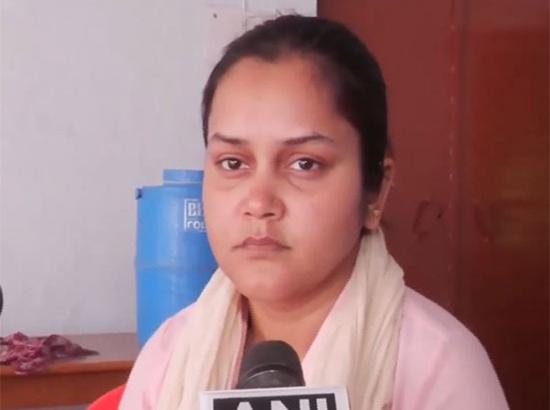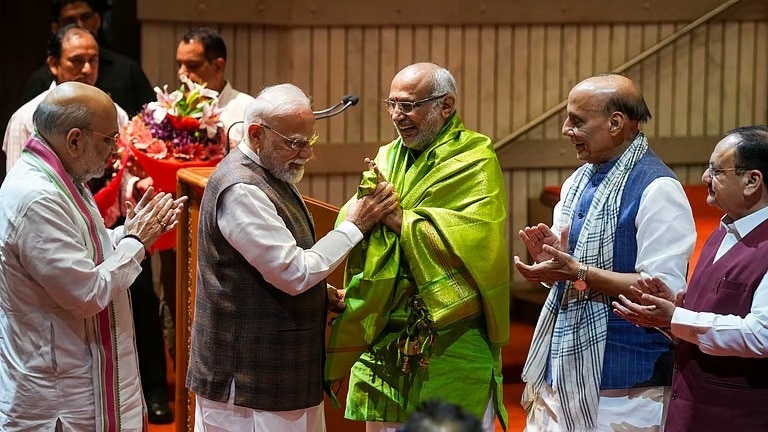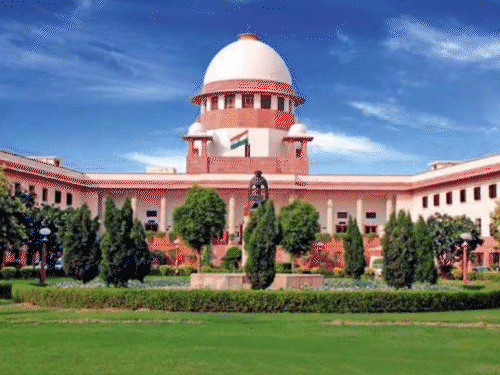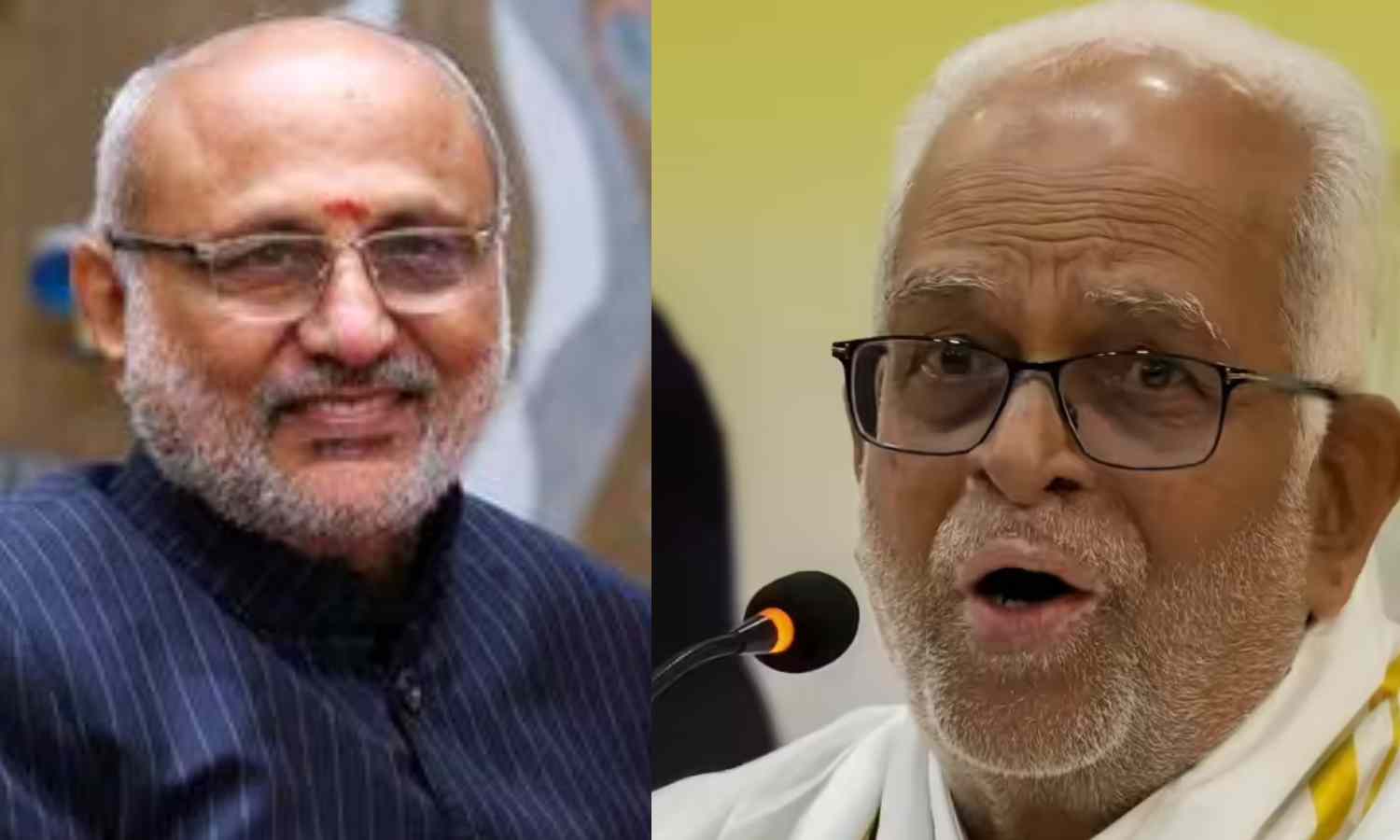Agencies, May 3, 2025 : A deadly attack in the Pahalgam region of Kashmir claimed the lives of 26 civilians last week, including Shubham Dwivedi, a newlywed tourist from Uttar Pradesh. The assault has prompted widespread mourning across India and renewed scrutiny over security preparedness in one of the country’s most sensitive zones.
Shubham and his wife, Aishanya, had married just this February and were visiting Kashmir to celebrate the start of their life together. As they paused to enjoy a quiet moment in a meadow surrounded by Himalayan peaks, armed attackers approached and asked them a chilling question: whether they were Hindu or Muslim. When Shubham responded that they were Hindu, he was shot at point-blank range.
His wife, Aishanya, survived. Her statement in the aftermath of the attack has struck a deep chord across the nation.
“They were terrorists,” she said. “They are not people. They have no religion. They are monsters.”
She has since strongly urged the public not to let the tragedy become a communal issue. “Why are we making this about Hindu or Muslim?” she asked. “This is about terrorism, not religion.”
In an emotional appeal that reflects both personal pain and civic disillusionment, she added, “Actually, I can say it: our country abandoned us there. Our government abandoned us. Our Army abandoned us.”
According to her, while Central Reserve Police Force (CRPF) personnel were posted frequently along the route, there was no security present at the exact location where the attack occurred.
Other survivors echoed similar concerns. Sunil Swami, whose son-in-law was killed, and Rajashree Akul, who lost multiple family members, shared eyewitness accounts that reinforced the targeted nature of the assault. Several victims reportedly pleaded for their lives after being asked to identify themselves.
The attackers, described as wearing camouflage, are believed to be part of a newly emerged militant group calling itself the Kashmir Resistance. Indian authorities have blamed the attack on cross-border support, a charge denied by Pakistan. Both countries have exchanged strong rhetoric since the incident.
Prime Minister Narendra Modi has vowed to punish those behind the killings, but survivors like Aishanya believe the wounds left behind go beyond justice—they speak to a failure in national responsibility. “In a home, our parents protect us. In a country, the government and the army are responsible for protecting us,” she said.
Shubham Dwivedi, who hailed from Yashoda Nagar, had married Aishanya Pandey, daughter of Rajesh Pandey, on February 12. Their dream of a peaceful holiday turned into a nightmare in one of the most scenic yet volatile regions in the country.
As India mourns, Aishanya’s voice has emerged as a powerful call for unity, accountability, and a rejection of hatred. Her words—clear, resolute, and grieving—continue to echo across a shaken nation.









